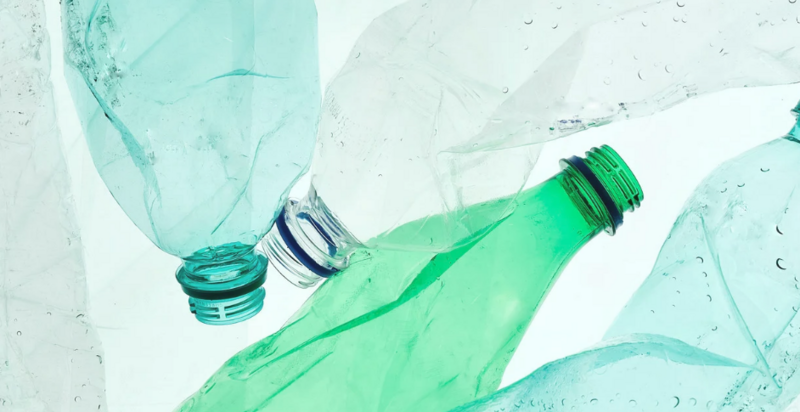An article wirtten by Stephen Buranyi for The Guardian explores the groundbreaking discovery of plastic-eating bacteria found in a Japanese rubbish dump in 2001, highlighting its potential to revolutionize recycling and address the global plastic waste crisis. Led by Professor Kohei Oda, researchers discovered a bacterial film breaking down plastic into basic nutrients, challenging conventional wisdom on plastic degradation. Since then, the heightened awareness of plastic pollution has underlined the significance of this finding. The article discusses the broader implications of microbial solutions for environmental challenges beyond plastic degradation. It delves into the bioprospecting efforts to discover novel microbes capable of degrading different types of plastics. Additionally, it explores the commercialization of plastic-recycling technologies, exemplified by Carbios' enzyme-based recycling process in France.
The article also touches upon the perspectives of our MIX-UP partner Víctor de Lorenzo, a scientist at the Spanish National Biotechnology Centre in Madrid (CSIC), regarding the broader implications of microbial solutions. De Lorenzo advocates for large-scale application of microbes to address humanity's environmental challenges but highlights several obstacles, including market incentives and regulatory restrictions on genetically engineered microbes' release into the environment.
Click here to read the full article.


